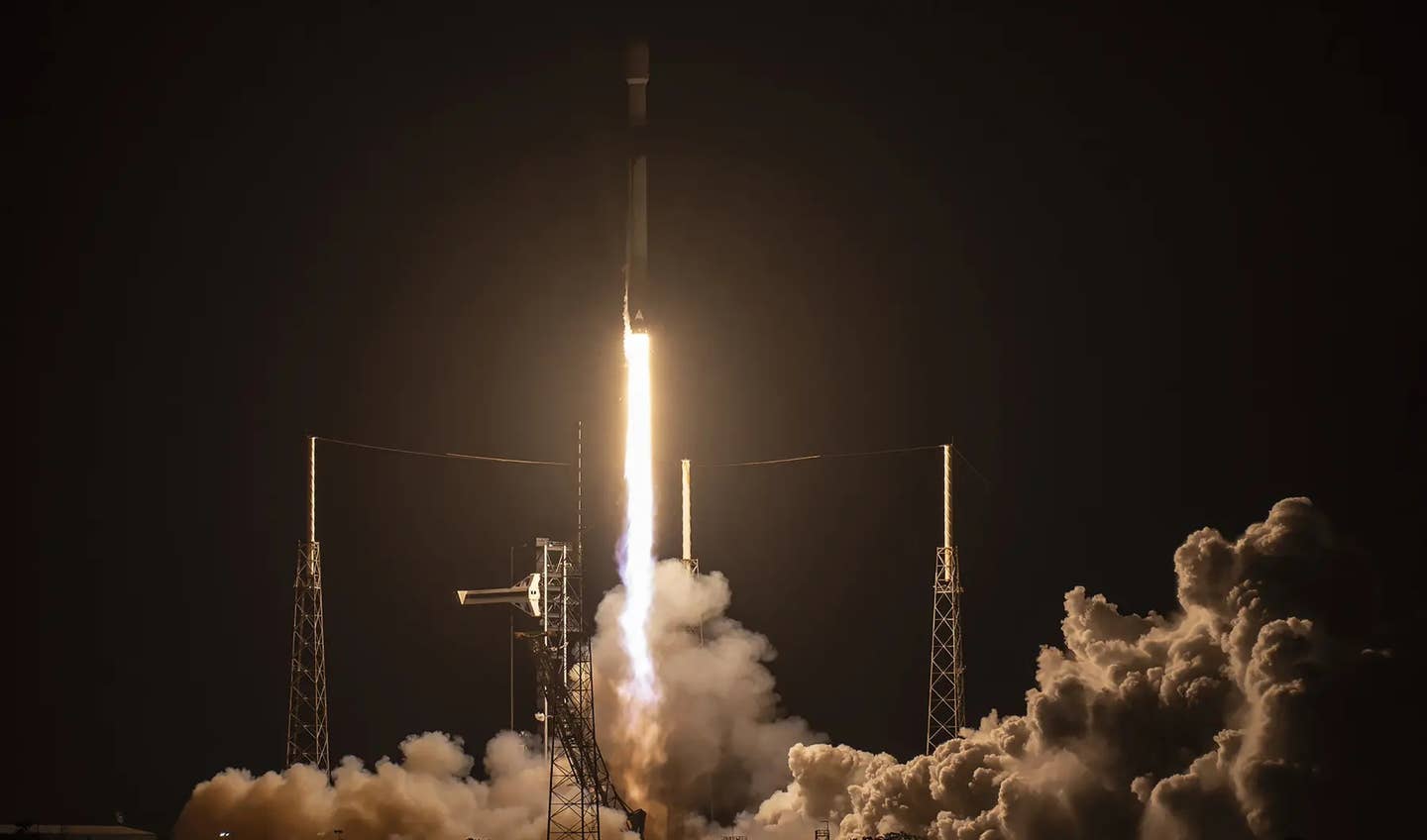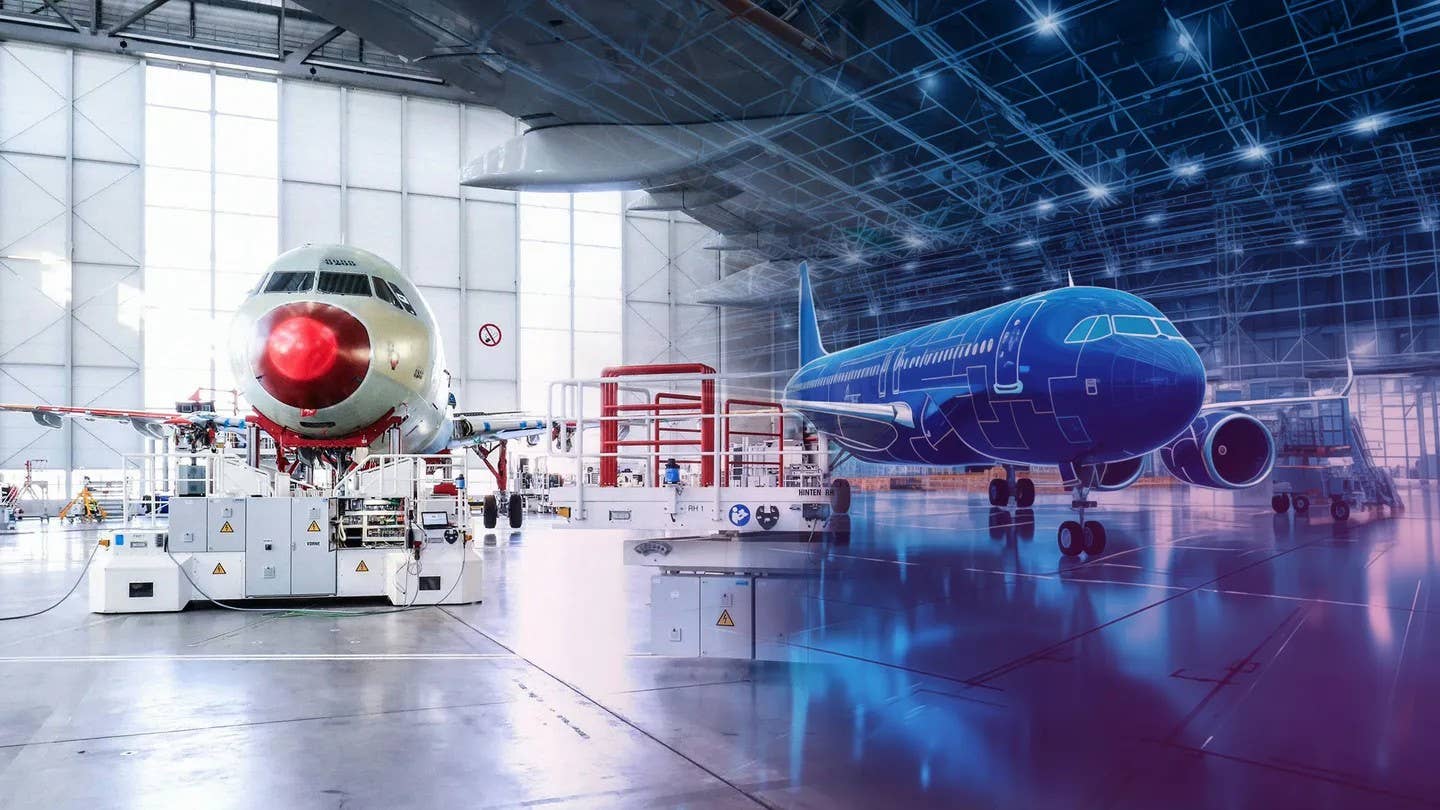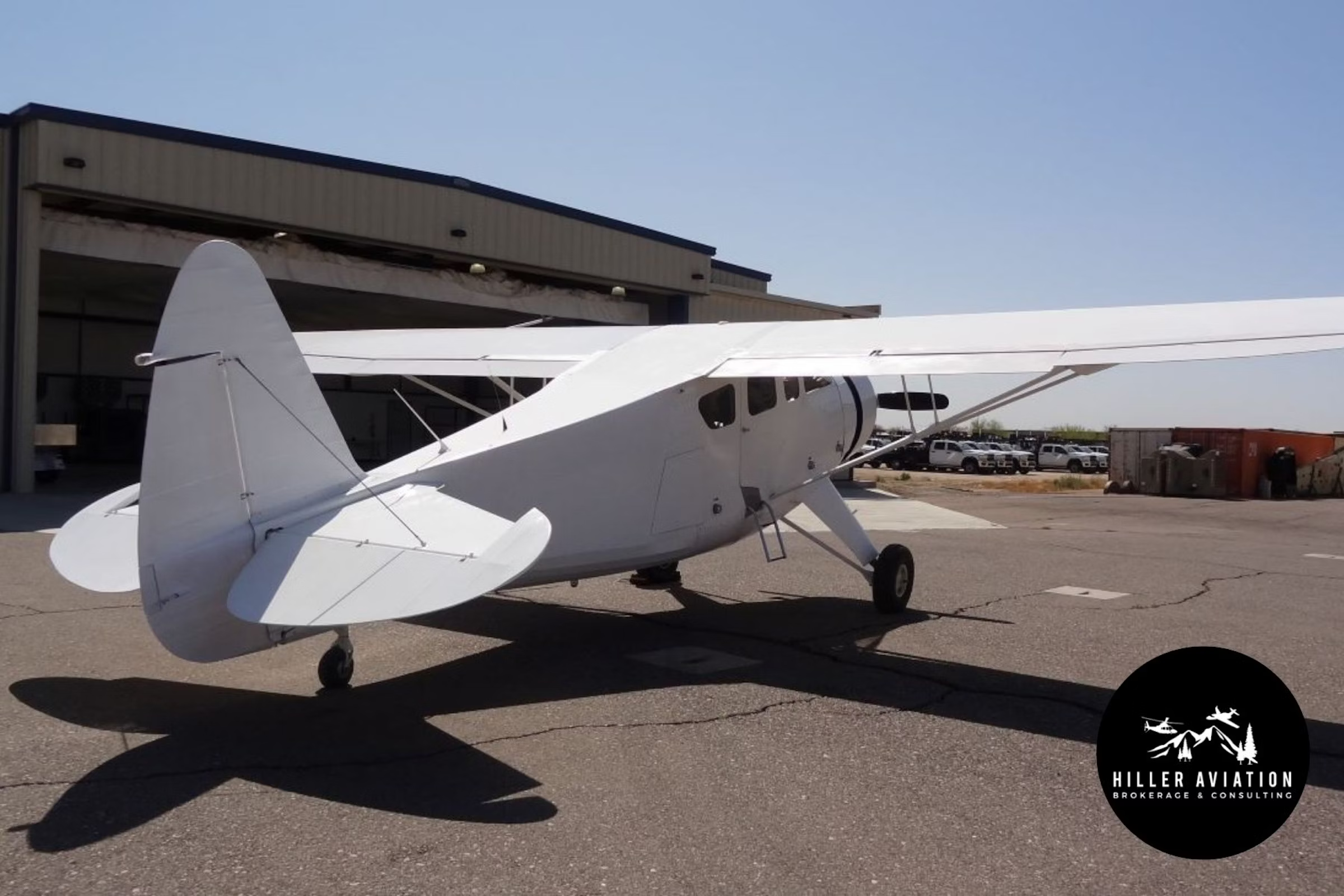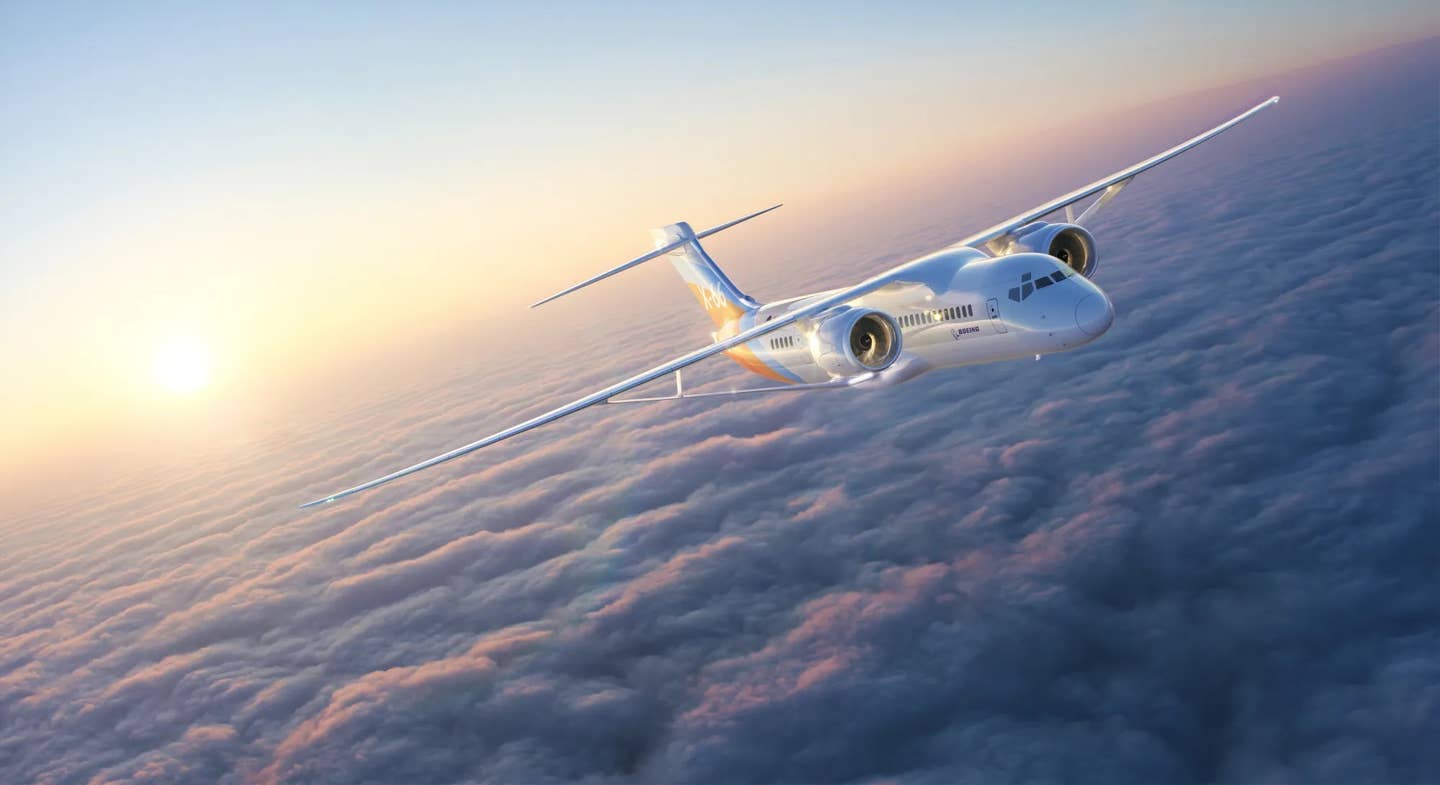Aviation Group Airlifts Dogs, Cats From Wildfire Region
Wings of Rescue transports animals surrendered before blazes began in Southern California in order to make room for those displaced during the emergency.
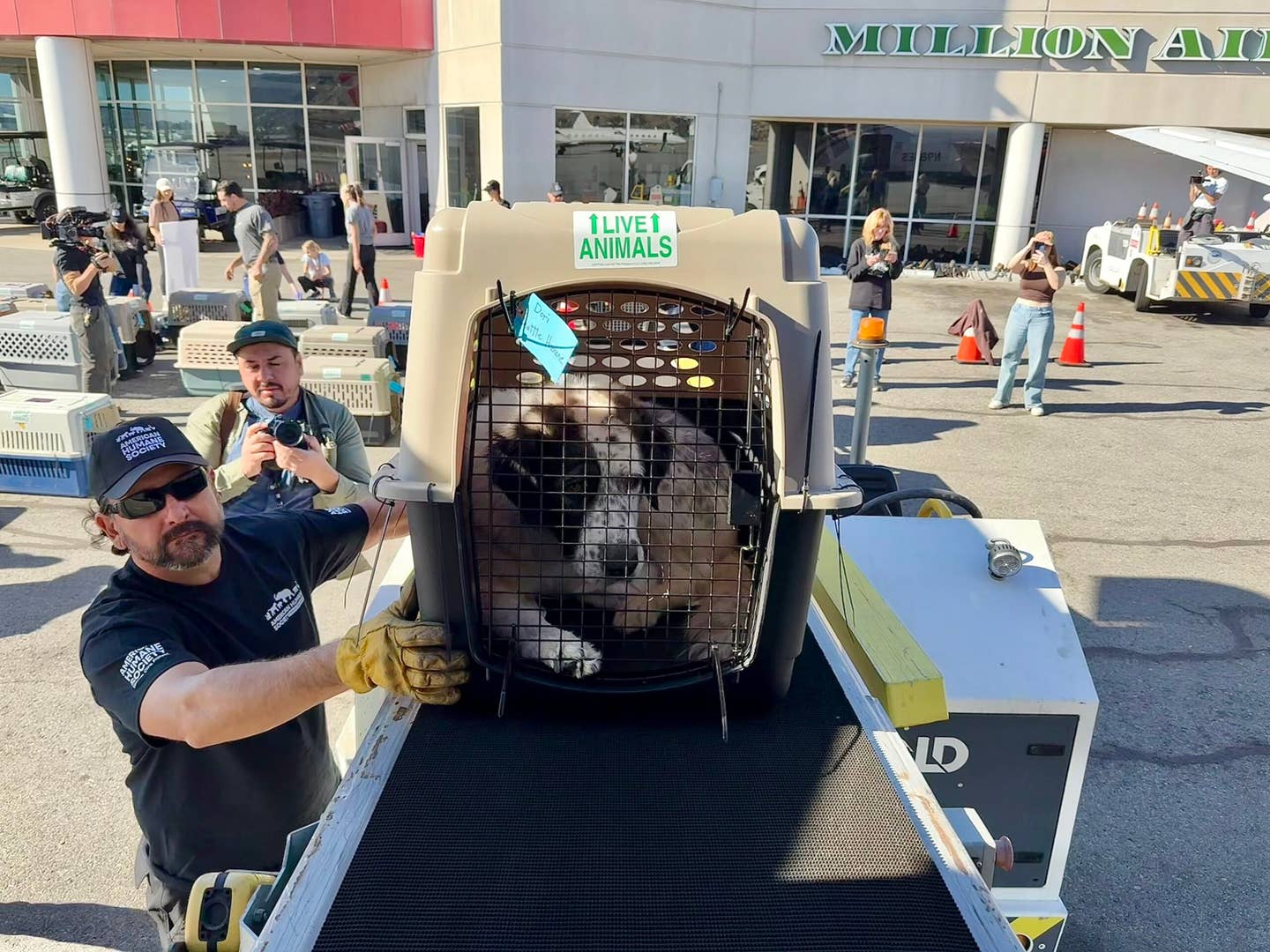
Rescue flights flew from Bob Hope Airport (KBUR) in Burbank, California, to KBFI by way of Portland-Troutdale Airport (KTTD) in Oregon. [Courtesy Ric Browde/Wings of Rescue]
Amid the ongoing wildfire emergency in Southern California, volunteer pilots helped clear shelters in the region to transport animals to opportunities for new forever homes in Oregon and Seattle over the weekend.
Wings of Rescue, in partnership with Paws for Life K9 Rescue, transported animals surrendered to five city shelters and seven county shelters in the Greater Los Angeles area before the onset of the wildfires in order to make room for pets who have been separated from their families during the fire and need temporary shelter.
Sunday, a jet loaded with 39 dogs and 18 cats arrived at King County International Airport/Boeing Field (KBFI) in Seattle. The flight was met by volunteers from Seattle Humane, which provides pet adoption services along with a pet food bank and low-cost spay/neuter surgeries and wellness exams.
Seattle Humane has shelters around the state and connections across the country to help animals in need. By relocating the animals to other states it will allow California shelters to "focus on reuniting displaced pets with their families," it said on its website.
“All [Los Angeles] shelters were facing overcrowding before the fires hit,” said Brandon Macz, spokesperson for Seattle Humane. “Animal control cannot get into the fire-ravaged areas yet because it is too dangerous to go back there.”
Macz said most of the rescue flights are done because of shelter overcrowding, but they also respond to disasters, noting they did flights prompted by Hurricane Ian and the Maui, Hawaii, fires.
The flight out of fire-ravaged California was personal for Wings of Rescue’s Ric Browde, who spent 30 years in Los Angeles working as a record producer before he decided that flying at-risk animals to a new life was more fulfilling. Browde joined the organization in 2013 and in 2017 became the president and CEO of the nonprofit operation. He told FLYING that friends of his have lost their homes, and others are keeping watch on the fires’ behavior, but the missions continue.
The organization owns a Pilatus PC-12 and, for larger operations, charters aircraft such as Embraer Brazilias or Saabs, which are capable of loading around 100 crates used to transport the animals.
For Sunday's flight, Wings of Rescue chartered two Saabs from Ameriflight that flew from Bob Hope Airport (KBUR) in Burbank, California, to KBFI by way of Portland-Troutdale Airport (KTTD) in Oregon.
The precious cargo was made up of animals that had been in the shelter system in Southern California prior to the start of the fires last week, Browde said.
"When there is a disaster like fire, earthquake, hurricane, or whatever, the pets that are already in the shelter system are transported to another location so that the pets that are displaced by the disaster will have somewhere to go," he said.
Many shelters that allow people do not allow pets, or the animals flee from their homes when fire approaches.
"Normally animals brought into the shelters in California become property of the shelter after four days and then become available for adoption," Browde said. "But when a pet is brought in after a disaster, the state must wait 30 days before the animal can be moved. We want to give the owners ample time to find their pets after a disaster."
- READ MORE: Rescue a Pet, Build the Connection
According to Browde, Wings of Rescue will be making additional flights to Utah, Texas, Pennsylvania, Wisconsin, Michigan, Oregon, and Idaho in the coming weeks.
Having so many airports in Southern California is a blessing, he said, because both legs of the flight, out and back, are utilized to the fullest. While the outbound flights transport pets, the inbound flights bring much needed supplies, such as water, medicine, food, and even building supplies like tarps and plywood.
"The Pilatus only needs 2,500 feet of runway,” he said. “The Brazilias, which we use extensively, need 5,000 feet. There are lots of airports in Southern California that we can operate out of."
How to Help
Wings of Rescue accepts donations to help support its operations.
"It takes a lot of money to fly the airplanes across the country," Browde said. "And we are always looking for ways to reduce those costs. For example, when we plan a flight, we are always looking at where the least expensive fuel is."
The organization also welcomes the help of private pilots who own pressurized private aircraft and are willing to volunteer for a rescue flight.
"The average flight is 1,000 miles. We cover their seats, so they don't lose their interior," Browde said. “The bigger aircraft, like the Saabs and Brazilias, are expensive to charter. We can put 100 pets on these airplanes. We use Ameriflight out of Burbank, and we have a partner in Berry Aviation of San Marcos, Texas."
The pets from the weekend rescue will be available for adoption in Seattle beginning Tuesday, marked with a special Palisades Wildfire Rescue icon.

Sign-up for newsletters & special offers!
Get the latest FLYING stories & special offers delivered directly to your inbox

